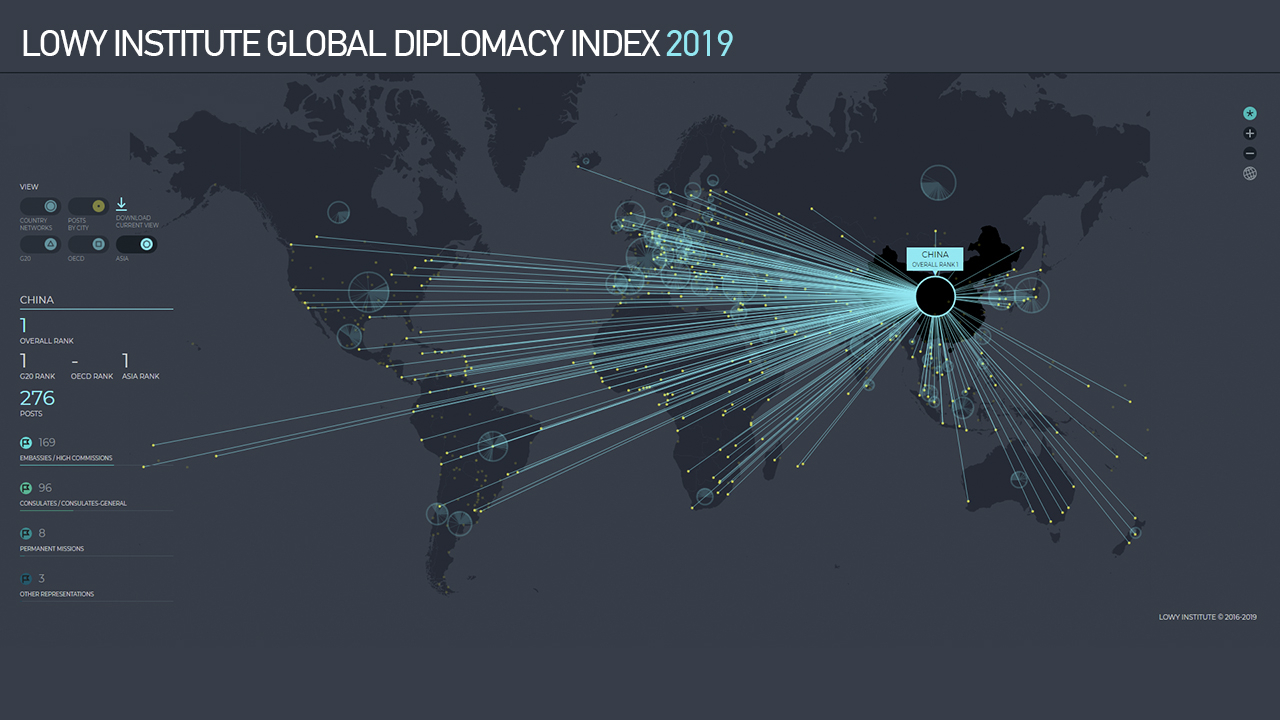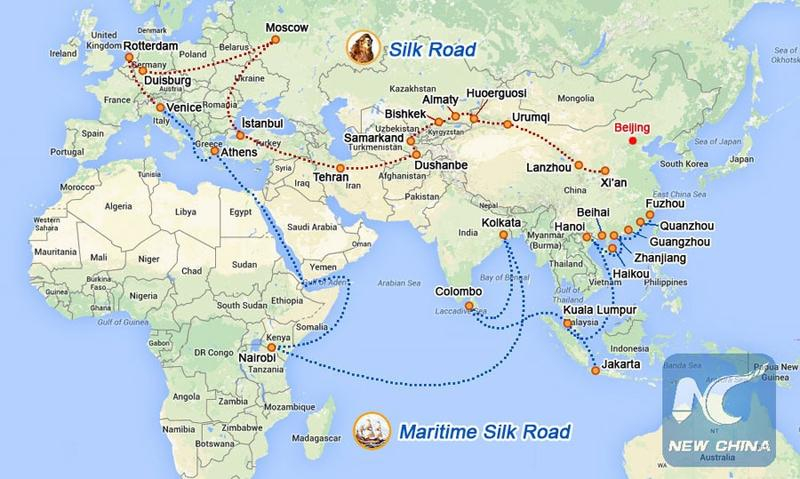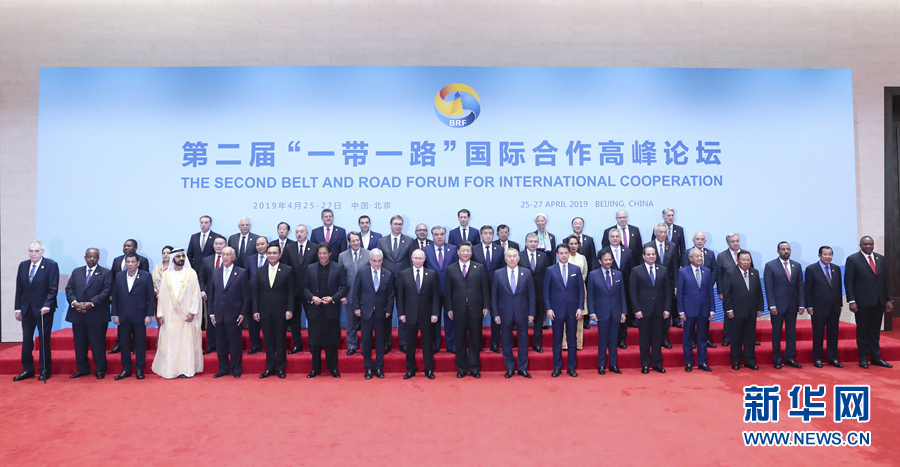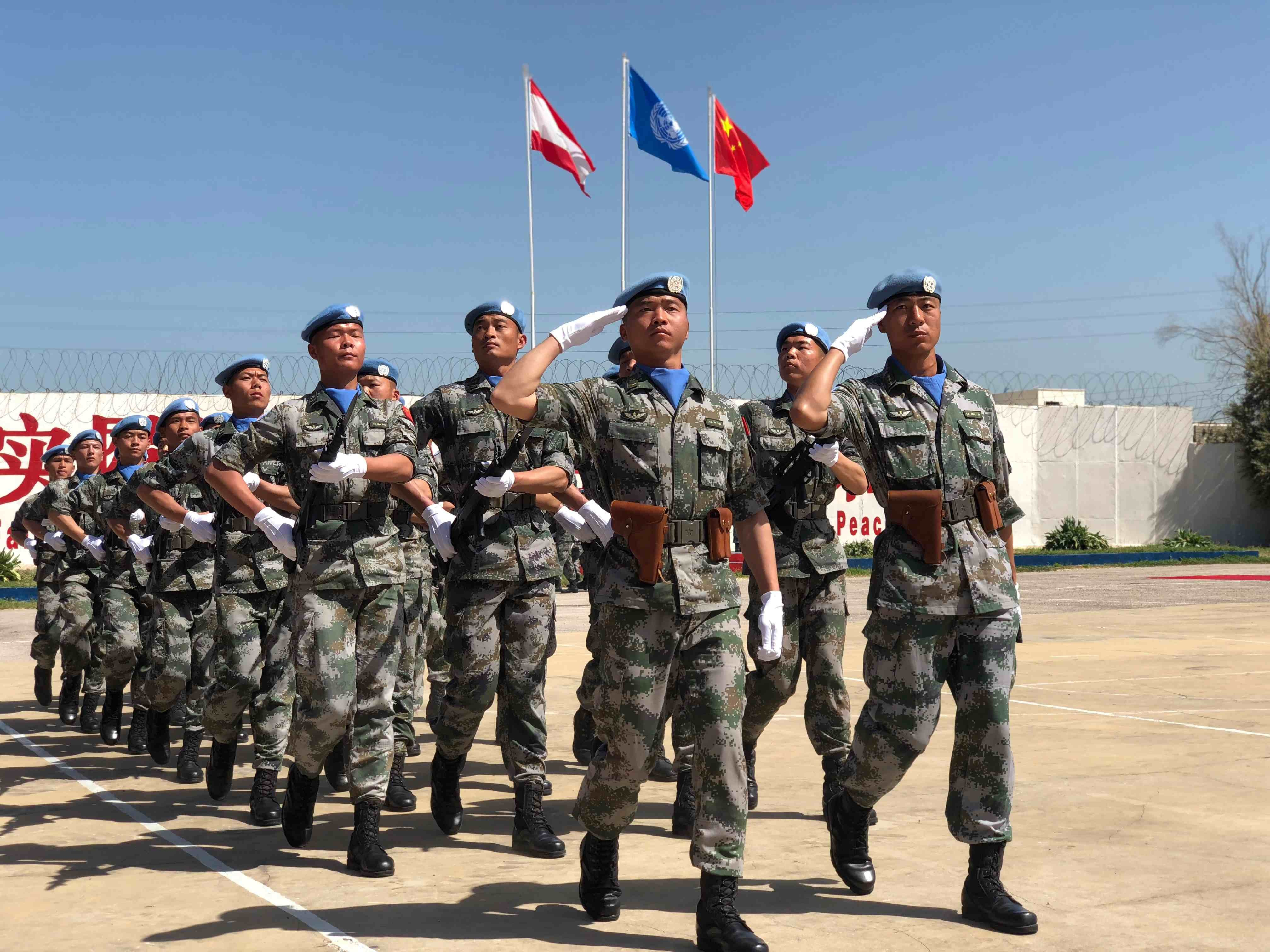China should develop its own major-country diplomacy with Chinese characteristics, Chinese President Xi Jinping stressed in a Central Conference on Work Relating to Foreign Affairs in November 2014.
Five years on, China continues forging ahead along the steadfast diplomatic path with Chinese features, style and manner amid immense changes in the international situation.
Notably, China's successful practice of major-country diplomacy with Chinese characteristics is based on a new type of international relations, one based on win-win cooperation and building a community with shared future for mankind.
Chinese feature: Head-of-state diplomacy constructing global network of partner
When seeking new type of international relations, China insists fostering partnerships based on dialogue and non-confrontation and state-to-state relationships based on partnerships rather than alliances.
Read more:
What should China's major-country diplomacy be like?
China in 2018: A new chapter of major-country diplomacy with Chinese characteristics
Chinese Dream powers approach to major-country diplomacy
Until September 2019, China had established diplomatic ties with 180 countries with different types of partnerships and kept strong relationships with all of the world's major countries, its neighbors as well as the developing world, thereby enriching China's foreign policy framework.

A screenshot of the visualization from Lowy Institute Global Diplomacy Index 2019 showing the reach of China's diplomatic network. /CGTN Photo
A screenshot of the visualization from Lowy Institute Global Diplomacy Index 2019 showing the reach of China's diplomatic network. /CGTN Photo
When speaking on the sidelines of the first session of the 13th National People's Congress (NPC), Chinese Foreign Minister Wang Yi called Chinese President Xi Jinping as the chief architect of China's distinctive major-country diplomacy with Chinese characteristics.
What he said means that Xi not only directly plans policy towards major countries but also actively purses the objectives through the head-of-state diplomacy at bilateral and multilateral levels.
Since 2012, the Chinese president has visited more than 60 countries, received hundreds of foreign leaders and hosted series of major events in China. His personal involvement helped deepen the world's understanding of China and enhance China's profile and influence.
Chinese style: Win-win cooperation as basis
Addressing at the Central Conference on Work Relating to Foreign Affairs held in Beijing in June 2018, President Xi said that China follows a path of peaceful development on the basis of mutual respect and win-win cooperation.
The Belt and Road Initiative (BRI), proposed by China in 2013, is a best example showing China's cooperation style. The initiative aims at building a trade and infrastructure network connecting Asia with Europe and Africa along the ancient Silk Road trade routes to seek common development and prosperity.
Read more:
Belt and Road five years on: Chinese President Xi Jinping's words of wisdom
China's Belt and Road Initiative: Why is it important to Europe?
Belt and Road Initiative gains more recognition overseas: report

Map shows countries along the Silk Road Economic Belt and the 21st Century Maritime Silk Road, collectively known as the Belt and Road Initiative. /Xinhua Photo
Map shows countries along the Silk Road Economic Belt and the 21st Century Maritime Silk Road, collectively known as the Belt and Road Initiative. /Xinhua Photo
According to a document compiled by the office of the leading group for promoting BRI, reported by the end of March 2019, China had signed 173 cooperation agreements with 125 countries and 29 international organizations.
The trade in goods between China and other Belt and Road countries reached 1.3 trillion U.S. dollars in 2018, up 16.4 percent year on year.
A study published by the World Bank also found that fully implementing deeper policy reforms of the BRI would lift 32 million people out of moderate poverty, increase global trade by up to 6.2 percent and increase global income by as much as 2.9 percent.
The Belt and Road forum held on a regular basis since 2018 provides a top-level platform for multilateral cooperation. This April's Second Belt and Road Forum for International Cooperation was attended by about 6,000 participants from 150 countries and 92 international organizations.

Chinese President Xi Jinping and other leaders attending the Leaders' Roundtable of the Second Belt and Road Forum for International Cooperation pose for a group photo in Beijing, April 27, 2019. /Xinhua Photo
Chinese President Xi Jinping and other leaders attending the Leaders' Roundtable of the Second Belt and Road Forum for International Cooperation pose for a group photo in Beijing, April 27, 2019. /Xinhua Photo
Addressing the forum, UN Secretary-General Antonio Guterres explained why the China-proposed initiative has won worldwide recognition. "We need initiatives of international solidarity... to make people believe that free trade can benefit all, to make people believe that it is possible to not leave anyone behind."
Chinese manner: Jointly shape the future of humanity
On various occasions, the Chinese president has called on countries around the world to make concerted efforts to jointly build a community with a shared future for mankind.
At the three events China hosted in the first half of the year, Xi highlighted the concept of building a community with a shared future for humanity from different perspectives: helping developing countries break growth bottlenecks, tackling environmental challenges, and leveraging the roles of culture and civilization.
Hence, building a community with a shared future for mankind is China's proposal to cope with global problems of an unprecedented number, scale and severity. It demonstrates China's responsibility in addressing global hot issues.
China has played a central role in resolving issues of global concern, including the ones involving Iran, Syria, South Sudan, Afghanistan and the Korean Peninsula. China has also left an indelible mark on the world through its peacekeeping work, the Paris Agreement and addressing public health emergencies, including the Ebola epidemic.
"As the second largest financial contributor, China's contribution to peacekeeping is extremely important," said Jean-Pierre Lacroix, the UN under-secretary-general for peacekeeping operations, who highly commended the quality of China's contingent and equipment.

Members of the 16th Chinese peacekeeping force to Lebanon during the medal-awarding ceremony at the camp of the Chinese peacekeeping multi-functional engineer detachment to Lebanon, Hanniyah Village, southern Lebanon, April 6, 2018. /CGTN Photo
Members of the 16th Chinese peacekeeping force to Lebanon during the medal-awarding ceremony at the camp of the Chinese peacekeeping multi-functional engineer detachment to Lebanon, Hanniyah Village, southern Lebanon, April 6, 2018. /CGTN Photo
Read more:
One year on: Xi's 'shared future' idea still resonates with the world
Graphics: China's role in world's peacekeeping cause
By proposing the idea, China has called for fairness and justice in the international order and voiced support for building an innovative, open, interconnected and inclusive world economy.
China is playing a positive role in the multilateral trading system, taking globalization toward inclusiveness and win-win, said WTO Director General Roberto Azevedo.
The idea of building a community of shared future for mankind was incorporated into a UN resolution, mirroring global recognition of the concept.
(With input from Xinhua)